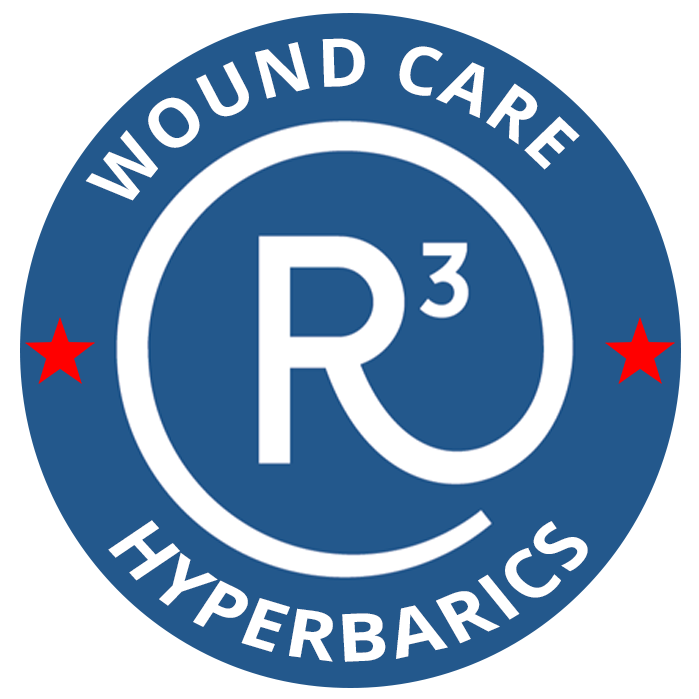What is Radiotherapy?
Radiation injuries can occur months to years after radiation therapy. Radiation therapy, also known as radiotherapy, can cause scarring and narrowing of the blood vessels within the treatment area, which can lead to a decreased blood supply and result in chronic, long-term side effects. This can include death or damage to soft tissues or bones, poor wound healing, and related problems such as life-threatening infections.
For example, a patient who underwent radiation treatment for prostate cancer may experience health issues many years after his/her initial treatment. Symptoms may include painful urination or blood in the urine, incontinence, rectal pain, or painful bowel movements.
Types of Radiation Injury from Radiotherapy
There are many types of radiation injury including:
- Radiation cystitis or proctitis (bladder cancer or prostate cancer): urinary frequency, pain, burning, and/or bleeding.
- Bowel problems or bleeding after colon cancer and radiation: diarrhea, urgency, incontinence, and/ or rectal bleeding.
- Radiation tissue injury after mastectomy: poor post-operative healing/ complications due to poor circulation in the radiated area.
- Dental problems or jawbone problems after radiation therapy for cancer: damage to the salivary glands and reduced blood flow which can cause chronic open sores, multiple caries, and fractures of the jaw.
How hyperbaric oxygen therapy can help
Hyperbaric oxygen therapy (HBOT) is an effective treatment for many patients with late side effects of radiotherapy. The treatment increases the amount of oxygen in the blood which stimulates the growth of new blood vessels following radiation-induced damage.
HBOT also decreases the swelling around the radiation site, which then allows blood to flow more freely to the area. Hyperbaric oxygen also increases the ability of infection-fighting white blood cells to kill harmful bacteria and accelerate healing. All of these benefits give the body the opportunity to heal and significantly decrease patients’ presenting symptoms.
Patients are typically advised to receive hyperbaric oxygen therapy five days a week and usually require a minimum of 40 treatments to maximize their results. However, the total number of HBOT sessions can vary, depending on a patient’s symptoms and his or her initial response to treatment.
If you suffer from long-term effects of radiotherapy, contact us for more information or to schedule an appointment at one of our convenient locations. We can help you devise a treatment plan to begin minimizing the effects of your radiotherapy today. We have locations in the major metroplex areas of Texas: Dallas, Fort Worth, San Antonio and Houston.
